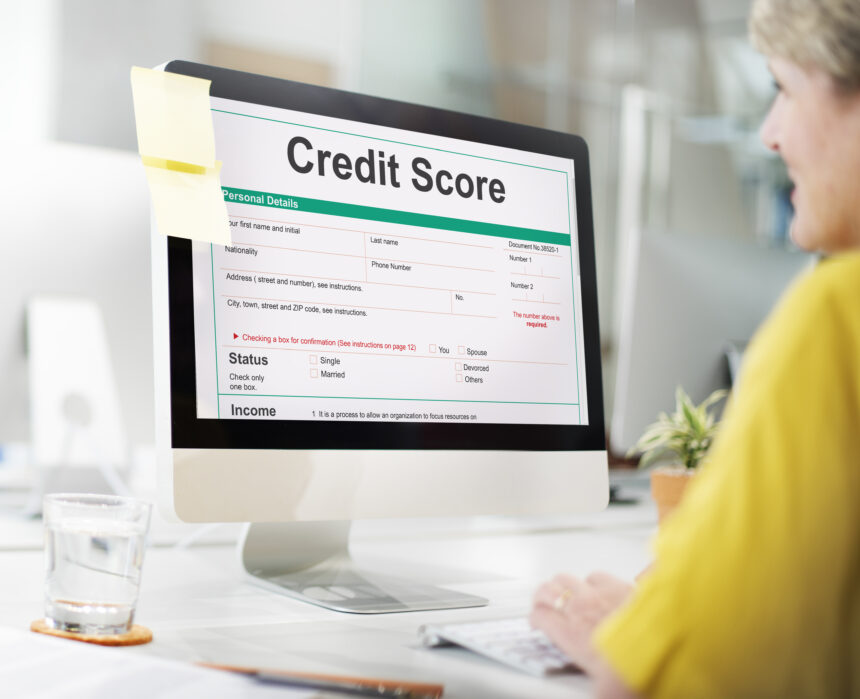Your credit report plays a crucial role in your financial life. It is a snapshot of your credit history and is used by lenders, landlords, and even potential employers to assess your creditworthiness. It’s essential to ensure that the information in your credit report is accurate and reflects your true financial standing. However, errors on credit reports are not uncommon, and if left unaddressed, they can negatively impact your creditworthiness. To protect yourself from the consequences of these errors, it’s crucial to know how to handle credit disputes effectively. Here are some tips to help you resolve errors on your credit report.
- Regularly review your credit report: To catch errors early, it’s important to review your credit report regularly. You are entitled to a free copy of your credit report from each of the major credit bureaus—Equifax, Experian, and TransUnion—once every 12 months. Take advantage of this opportunity and request your credit reports to examine them for inaccuracies, such as incorrect personal information, unauthorized accounts, or inaccurate payment history.
- Document the errors: If you find any errors on your credit report, it’s crucial to document them thoroughly. Make copies of your credit report and highlight the inaccurate information. Note down the dates, account numbers, and any supporting documentation that can help you prove the errors. The more organized you are, the easier it will be to dispute the inaccuracies.
- Notify the credit bureaus: Contact the credit bureaus to report the errors you have identified. Each credit bureau has its own process for handling disputes. You can typically initiate a dispute online, by phone, or by mail. Clearly explain the errors and provide the necessary evidence to support your claim. Remember to keep copies of all correspondence and documents related to the dispute.
- Inform the information provider: In addition to notifying the credit bureaus, it’s essential to inform the company or lender that provided the inaccurate information. This is particularly important if the error is related to an account, payment, or collection item. Contact the information provider directly and explain the issue, providing them with the same documentation you provided to the credit bureaus. By doing so, you increase the chances of resolving the error efficiently.
- Follow up on your dispute: Once you have initiated a credit dispute, it’s important to follow up regularly to ensure it is being addressed. Credit bureaus typically have 30 to 45 days to investigate and respond to your dispute. Stay in touch with them to check the progress of your case. If the errors are not resolved to your satisfaction, you may need to escalate the dispute further.
- Consider a consumer statement: If you are unable to get an error corrected, you have the option to add a consumer statement to your credit report. A consumer statement is a brief explanation, limited to 100 to 200 words, that explains your side of the story regarding the disputed information. While this statement won’t remove the negative information, it can provide context to anyone reviewing your credit report.
- Monitor your credit regularly: Even after resolving a credit dispute, it’s crucial to continue monitoring your credit report for any future errors or unauthorized activity. Consider signing up for a credit monitoring service or using online tools that notify you of any changes to your credit report. Timely detection of errors will enable you to address them promptly and minimize their impact on your creditworthiness.
Handling credit disputes and resolving errors on your credit report requires persistence, organization, and attention to detail. By being proactive and following these tips, you can protect your creditworthiness and ensure that your credit report accurately reflects your financial history. Remember, a clean and accurate credit report is essential for obtaining favorable loan terms, securing rental agreements, and maintaining your financial well-being.










